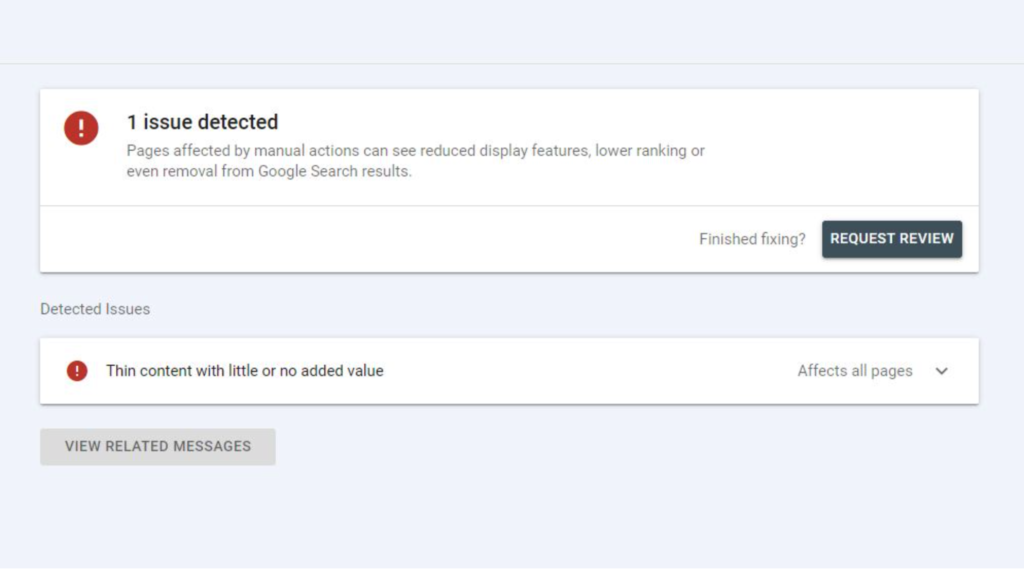Many businesses have the misconception that creating thousands of location-specific pages with their services is an effective SEO strategy to rank for all the locations around them. Unfortunately, this approach is not only outdated but can also be counterproductive. The hard truth is that SEO isn’t about gaming search engines or generating automated, low-quality content. In this blog post, we will discuss the importance of creating high-quality, unique, and engaging content tailored to specific locations and share some best practices for doing so.
The Problem with Mass-Producing Location Pages
Simply creating a page about a specific location like Montreal, differentiating it with some third-party data like things-to-do and points-of-interest, and expecting it to boost your window cleaning business’s ranking is not a viable strategy. Unless the page genuinely explains how your business helps businesses in Montreal, Toronto, or Vancouver with a unique solution tailored to those locations, it is merely spam.
Search engines like Google prioritize websites that offer valuable, unique, and engaging content. Low-quality, automated, or duplicate content can be flagged as spam and result in lower rankings or even penalties. To succeed in the SEO landscape, businesses need to focus on crafting high-quality content that caters to the needs of their target audience in specific locations.

Best Practices for Creating Effective Location-Specific Content:
- Research customer needs and preferences: Understand the specific needs and preferences of customers in each location and craft content that addresses those needs. By addressing their unique requirements, you’ll be able to establish a connection with your target audience.
- Create unique content: Ensure that the content is original and not just a duplicate of existing pages, with only the location name changed. Search engines can identify and penalize duplicate content, so make an effort to create something fresh and informative.
- Provide valuable information: Focus on creating content that is helpful to users, rather than simply promoting your services. This could include blog posts, guides, or how-to articles that provide actionable insights and solutions to common problems faced by businesses in that location.
- Optimize for local search queries: Include relevant keywords in your content to optimize it for local search queries. This will help search engines understand that your content is tailored to a specific location and improve your chances of ranking higher in local search results.
- Earn high-quality backlinks: Acquire backlinks from reputable sources, such as local businesses, directories, or news publications. High-quality backlinks can improve your website’s credibility and help boost your search engine rankings.
- Monitor and adjust your strategy: Keep an eye on your analytics and adjust your content strategy as needed to ensure that your efforts are generating results. This will allow you to identify what works best for your target audience and adapt accordingly.

source: https://www.linkedin.com/feed/update/urn:li:activity:7054498893228597250/
Conclusion:
In conclusion, businesses should not rely on gaming search engines or creating low-quality content to rank higher in search results. Instead, they should focus on delivering valuable, unique, and engaging content tailored to their target audience in specific locations. By following the best practices outlined in this blog post, businesses can improve their search engine rankings, build trust and credibility with potential customers, and ultimately drive more organic traffic to their website.